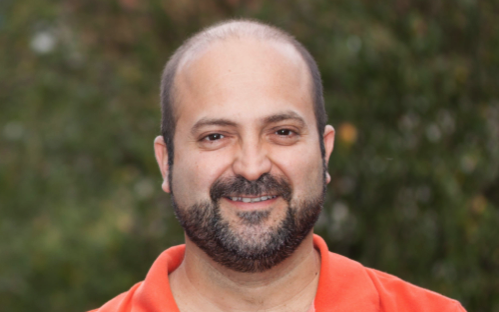The HES-SO allocated 249’950 CHF for the MALDIveS project – Next-Generation Sequencing, Bioinformatics and Machine Learning as a Diagnostic Tool for Soil Health.
The impact of farming practices and pesticides on soil quality and health is a growing concern for consumers, farmers and land managers. To evaluate this impact, bioindicators such as protists have great potential but their use is limited because current methods do not allow for the analysis of soil samples in a detailed and rapid manner. To overcome these disadvantages, the identification of species based on DNA sequences coupled with the new next-generation sequencing techniques represents a promising approach, but the enormous amount of sequences and their large complexity makes it difficult to treat them by conventional means.
Based on a collaboration with Dr Thierry Heger from the Changins engineering school, this interdisciplinary project was extremely well received and evaluated by the HES-SO, which awarded him 249,500 Francs.

